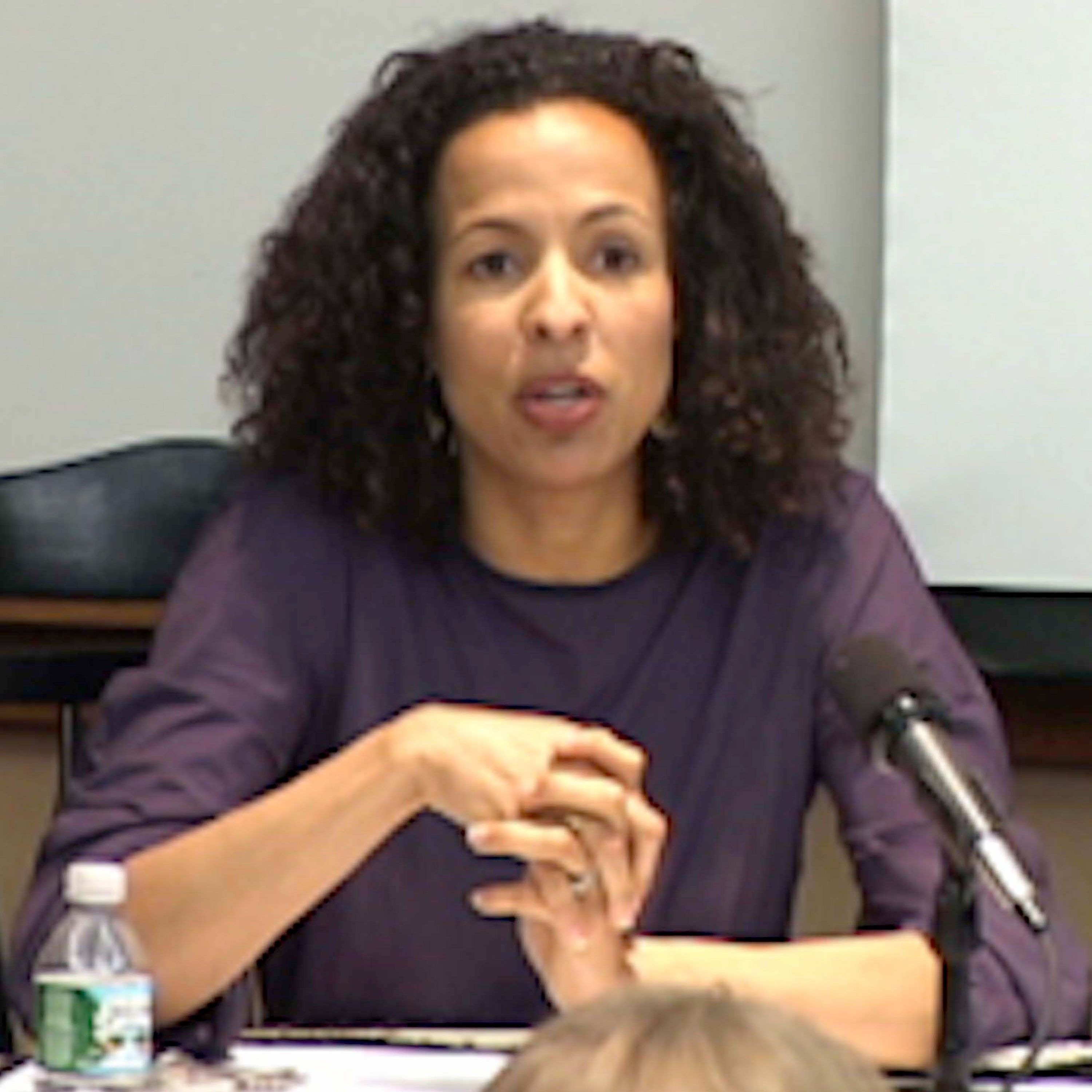Cynthia Young and Anamik Saha, "Race and Representation after 9/11"

b'Drawing on recent U.S. television series \\u201cThe Unit\\u201d and \\u201cSleeper Cells,\\u201d Cynthia Young examines recent shifts in media representations of African American men, arguing that in the context of the \\u201cwar on terror,\\u201d the image of the criminal and anti-social young black male has mutated into the image of the black patriot, at war against a new enemy of the nation, the Muslim terrorist. Exploring the figure of the black soldier, her work asks the questions: What kind of popular culture is made in the context of war? How do notions of civil rights shift in a post-Civil Rights era? And when and how are such notions mobilized in service to violent and racist conceptions of Iraqis, Arabs, and other Muslims? In his commentary, Visiting Scholar Anamik Saha will draw upon his research on popular cultural representations of South Asians and Muslims in Britain during the same period.\\n\\nCynthia Young is an Associate Professor of English and African and African Diaspora Studies at Boston College where she teaches courses on literature and popular culture. She received her B.A. from Columbia University and her Ph.D. in American Studies from Yale University. Her book on U.S. Third World Leftists, Soul Power, was published by Duke University Press in 2006. She is currently working on a project that considers race, specifically blackness, after the September 11 attacks. Interrogating popular culture and political organizing sites, this project considers how the Civil Rights legacy has been hijacked by Conservatives supporting an anti-immigrant, pro-war and often white supremacist agenda.'